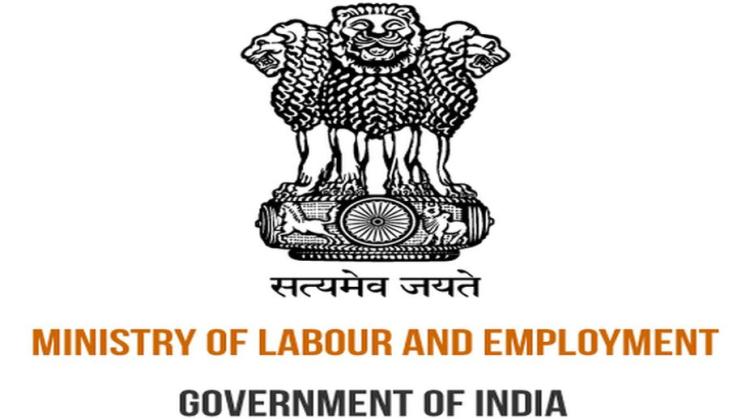Today, Secretary of the Ministry of Labour & Employment (MoLE), Ms. Sumita Dawra, chaired an inter-ministerial meeting to discuss the Employment Linked Incentive (ELI) Scheme, a new initiative introduced in the Union Budget 2024-25 aimed at boosting employment generation and formalizing the labor force in India. The meeting was part of ongoing stakeholder consultations involving various Ministries, employers, labor unions, industry representatives, and institutions.
Ms. Dawra highlighted that the ELI Scheme is one of five key initiatives announced by the Prime Minister to facilitate employment, skill development, and other opportunities. The ELI Scheme, which is based on enrolment in the Employees’ Provident Fund Organisation (EPFO), focuses on recognizing first-time employees and providing support to both employees and employers.
Ms. Dawra emphasized that the scheme presents a significant opportunity for sectors across the economy to formalize their workforce and ensure social security. She encouraged participating ministries to collaborate with the Ministry of Labour & Employment in conducting advocacy initiatives to explain the scheme to employers and employees, thereby enhancing participation.
The ELI Scheme includes three main components:
Scheme A: Aims at first-time employees in the formal sector registered with EPFO. This scheme offers a one-month wage subsidy (up to Rs. 15,000) in three instalments.
Scheme B: Focuses on job creation in the manufacturing sector. It provides incentives to both employees and employers for hiring first-time employees, with benefits linked to EPFO contributions during the initial four years of employment. Employees with salaries up to Rs. 1 lakh are eligible.
Scheme C: Supports employers by reimbursing up to Rs. 3,000 per month for two years for their EPFO contributions for each additional employee with a salary of up to Rs. 1 lakh per month.
The meeting was attended by representatives from the Ministry of Commerce & Industry, Ministry of Finance, Ministry of Micro, Ministry of Small and Medium Enterprises, Ministry of Textiles, Ministry of Skill Development & Entrepreneurship, Ministry of Rural Development, Ministry of Corporate Affairs, NITI Aayog, and others.
Discussions centered on the implementation of Schemes A, B, and C, with a focus on building awareness among Special Economic Zones (SEZs), MSMEs, the manufacturing sector, and plantations. The potential of the ELI Scheme to formalize workers in the informal sector was widely appreciated by the attendees.











